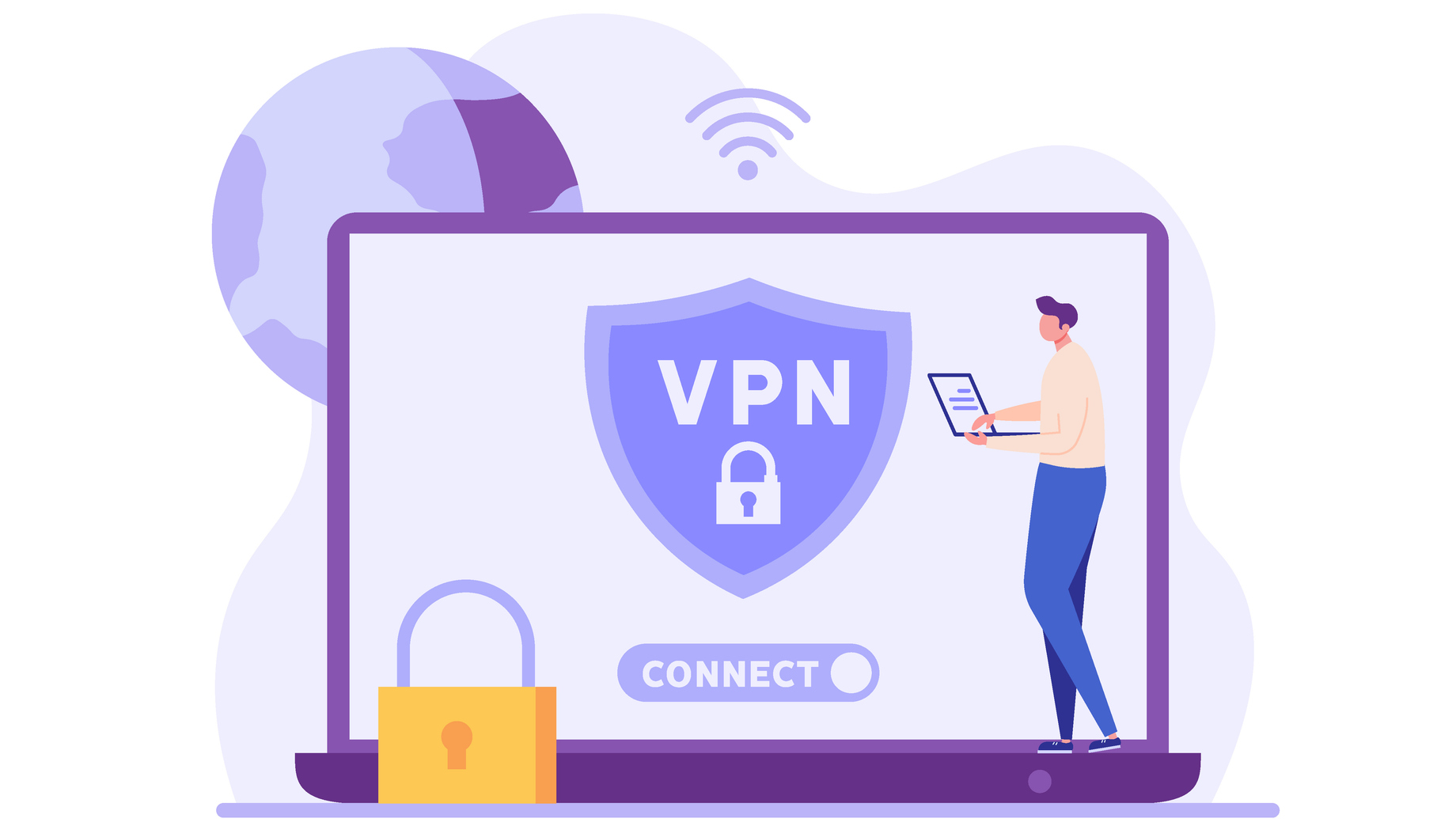Learning how to hide your IP address is therefore essential for protecting your privacy and security online. Fortunately, there are dozens of tools and methods you can use – some which are completely free.
Our Verdict
You can hide your public IP address using a VPN, a proxy server, the Tor browser, or a mobile data hotspot. The most effective method is to use VPN software, because it offers a variety of IP address locations, it’s compatible with all devices, and it delivers additional security benefits.
Your IP address is the unique string of numbers assigned to your device by your Internet Service Provider (ISP). It lets you find and communicate with websites, applications, and search engines.
Unfortunately, your IP address reveals a lot of personal information about you, too.
Websites can use it to record your browsing activity and identify your approximate location (e.g. your country, city, and ZIP code). They can then use this information to monitor your activity, enforce geographic content restrictions, or impose personal bans.
Quick Guide: How to Hide Your IP Address with a VPN
- Choose a VPN service. Our top recommendation for hiding your IP address is ExpressVPN, but you can also use Proton VPN completely for free.
- Download and install the VPN software onto your device. VPN apps are available on almost every device including computers and smartphones.
- Open the VPN app. Choose the VPN server closest to your physical location for the fastest connection speeds, or select a different server for a specific IP address location.
- Turn the VPN on. Your IP address will now be hidden and replaced with the IP address of the VPN server you’re connected to.
- Check your IP address. Use our IP address checker to make sure your VPN is working properly.
How to Check Your IP Address is Hidden
Once you’ve chosen which method to use, it’s worth running a test to check if your IP address has been successfully hidden.
The quickest and simplest way to do this is to use our IP checker tool. When you navigate to the tool on your device, it will reveal the IP address and geographic location that websites and applications see when you visit them.
EXPERT ADVICE: Remember that your IP address isn’t the only way for websites and applications to determine your geographic location. To comprehensively hide your location, you also need to consider GPS, HTML5, and DNS information.
If your IP address is being successfully hidden, the tools should display the IP address and location of the proxy, Tor, or VPN server that you’re connected to — not your real public IP address information. Simply compare your IP address before and after connecting to make sure your real IP address is hidden.

NOTE: Be sure to access the tool from within the appropriate tab or browser window if you’re hiding your IP address with a method that has limited coverage, such as a web proxy, a browser extension, or the Tor network.
Why Do You Need to Hide Your IP Address?
IP addresses are a fundamental part of internet communication. They are used to identify devices on the internet, and they enable your device to send and receive information from other devices.
Unfortunately, your IP address reveals a lot of personal information about you, too. Websites can use it to record your browsing activity and identify your approximate location (e.g. your country, city, and ZIP code).
Here’s a list of reasons why you might need to hide your IP address:
Hide your physical location. Your IP address can reveal your country, city, and even your ZIP code to anyone with access to a simple IP lookup tool. Spoofing your IP address will hide this information, preventing third parties from tracking your physical location.- Hide your identity from websites. When you visit a website, it will usually log your IP address and location information. This can be used to identify you in the future. It might also be used to impose a personal site ban against you.
- Evade online surveillance. Governments, advertising networks, and cybercriminals use your IP address to collate and track your activity across the web. They can use this to surveil you and build up personalized profiles about your identity and browsing habits.
- Access geo-restricted content. Streaming services have different content libraries depending on where you are located in the world. By hiding your real IP address, you can spoof your location and access new streaming content.
- Protect your device against hackers. Hackers can use your IP address to scan your device for open ports. If open inbound ports are detected, your device may be vulnerable to malicious attacks. They can also use your IP address to target you with Denial of Service attacks.
- Avoid targeted advertisements. Advertising companies can send you personalized advertisements based on the geolocation and activity profile associated with your IP address. Sites might also use this information to change the product prices you see.
- Prevent doxing attacks. A doxing attack occurs when someone exposes your sensitive information online, which may include your physical address. These attacks usually begin with your IP address.
- Safeguard your P2P activity. Copyright trolls and hackers exploit the visibility of your IP address within torrent swarms to carry out legal action and cyberattacks against you. It is therefore always safest to hide your IP address before torrenting.

We’ve been testing and reviewing VPN services since 2016. We also publish VPN research and advice to help protect your internet privacy and security.